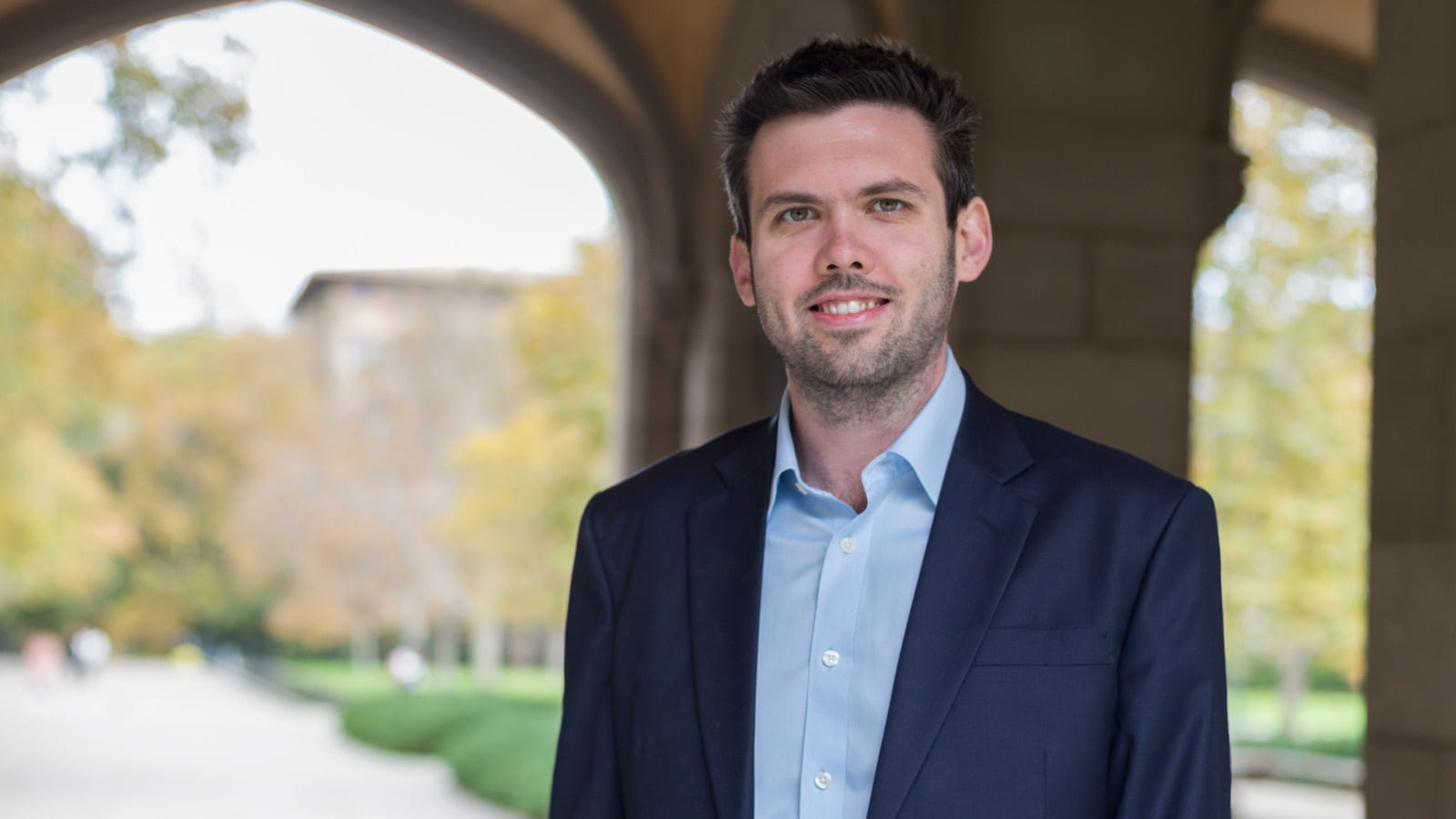
Philosophy on the Small Screen
In 2019, Senior Lecturer in Philosophy Dan Halliday teamed up with Snodger Media and the ABC to make a documentary series on practical ethics. The result was a series called Ethics Matters, which was integrated into high school curricula in Victoria and New South Wales. He speaks here with Carley Tonoli about his experience in bringing philosophy into the TV medium.
What do you feel the benefits of philosophical education for children are?
I think there are many benefits of doing a bit of philosophy during childhood. One is that doing philosophy immediately promotes the creative side of learning, as much philosophy is about developing one’s own ideas in response to hard conceptual questions, and then learning how to defend and revise them accordingly. An early experience of doing this can help build confidence but also teaches one how to approach disagreement in a constructive way. I wouldn’t want to say that other academic disciplines can’t bring such benefits, and most of them benefit in ways that philosophy perhaps doesn’t. Philosophy, though, encourages people to ask questions and to take their own answers seriously, and I think kids (as well as adults!) can benefit from this in a distinctive way.
What inspired you to put the ABC series together?
The truth is I can’t take much credit here. The real creative forces in making television lie behind the camera: What made the series happen was the prior relationship between ABC and the production company, Snodger Media. Having completed series on other academic disciplines, they then made the decision to do philosophy next, and only then set about finding a presenter. I just got lucky because they asked me! I was enthusiastic about taking it on, because it was a chance to do something new in terms of my own career and I thought it would be nice if philosophy got a bit of TV time. (For years it’s hardly had any, especially compared to other Arts disciplines for which the visual dimension is more obvious.) In the end, I was able to contribute through co-writing the script and helping to select the topics covered and the philosophers we interviewed.
Can you tell me about any other programs aimed at doing philosophy with kids, or in philosophical instruction for children that you’ve been involved in?
There are longstanding efforts to promote philosophy in education, thanks largely to the Victorian Association of Philosophy in Schools (VAPS), which regularly holds events aimed at bringing academic philosophers in contact with younger children. I’ve taken part in this sort of thing when I’ve been able to fit it in, and it’s always been fun. Earlier this year I spent a whole week at a high school in Perth, where they’ve managed to develop quite an advanced philosophy program for years 10–12. That was great, too. The school I visited was fortunate enough to have received a charitable donation to include philosophy in its teaching. I wish more schools were able to gain the resources to hire dedicated philosophy teachers.
What have you found most rewarding about your experience of doing philosophy with/for kids?
In terms of the TV show, speaking to a camera meant I wasn’t really interacting with kids even though the series was designed to be watched by children. The most rewarding thing was interviewing interesting people, particularly Mick Dodson and Marcia Langton for the episode on historic injustice – people I may never have met otherwise, much less had long conversations with. Only a few minutes of interview footage was used for each episode, so people don’t realise that the actual interviews often lasted over an hour, just so we could get as much good content as possible. When I’ve interacted with kids in schools, partly it’s rewarding in much the same way as interacting with undergraduates. In addition, though, there is a different quality about conveying philosophy to younger minds, as they do react a bit differently. I hope to do more of it in future. Apart from that, a few times I’ve been recognised by a child (or adult!) in public after they’ve watched the show, which is a nice surprise when it happens.
What areas of philosophy do you feel are of greatest benefit to children?
That’s a hard one. Philosophy covers a wide range of theoretical and practical questions. What unites them (in my view) is the emphasis on the methods used, i.e., the use of arguments and reasoning, and exposure to this is beneficial whatever the actual topic being discussed. I sometimes wonder whether some of the issues in practical ethics, particularly questions connected with violence and suffering, are best kept away from very young children. But on the other hand, children are still capable of developing views and if they’re going to ask questions then they deserve to be taken seriously. I can still remember feeling confused in nursery school when a child got told that “God had made them” after asking how they were created. At the time, I associated making things with what could be assembled out of paper and glue, which we used to ‘make things’ at nursery, and found it implausible that a person could result from this process. I suppose that’s when I started doing philosophy.
At what age do you think children are capable of engaging with philosophy?
To some extent, I think kids start engaging with philosophy on their own just out of natural curiosity – small children will often ask about fairly fundamental things, as the nursery school story shows. The ability to grasp some more complicated ideas may depend a bit on age, but the nice thing about philosophy is that it has low barriers to entry. You’re never too young (or too old!) to give it a try.
Dan Halliday teaches the second-year undergraduate subject PHIL20044 The Ethics of Capitalism. He also teaches into UNIB10014 Philosophy, Politics and Economics.